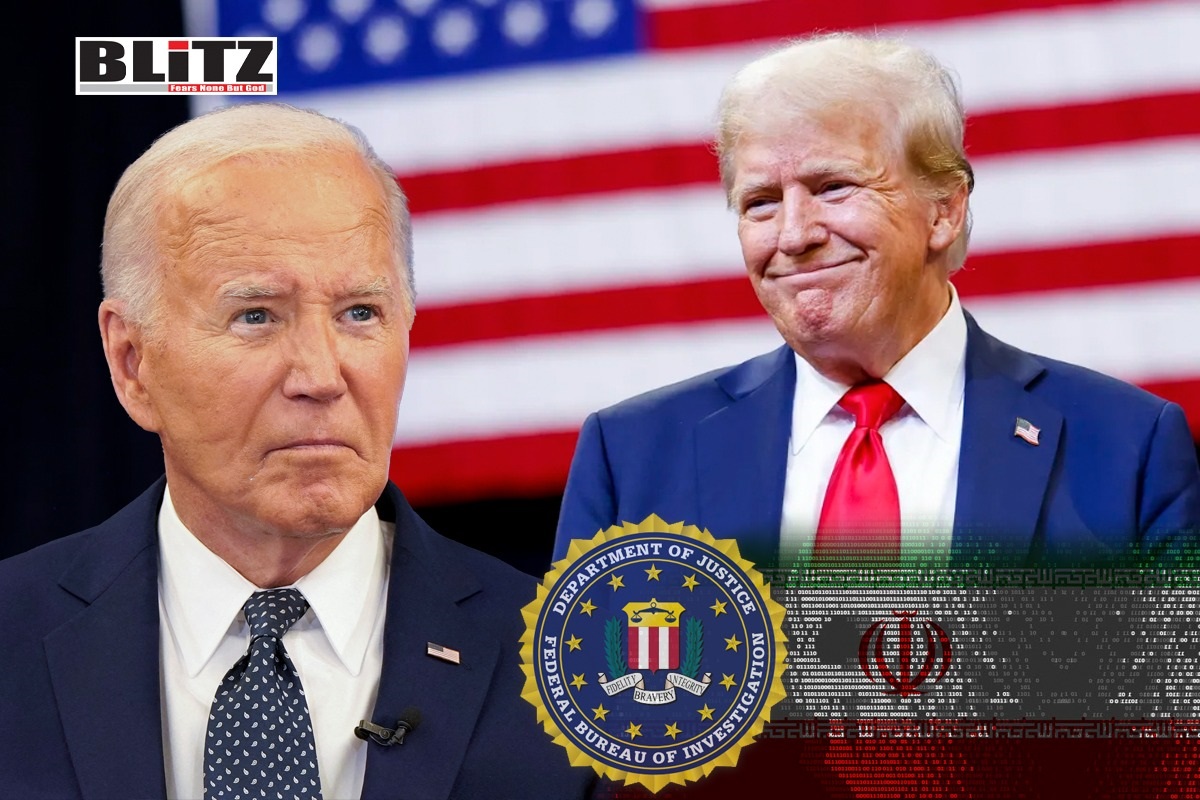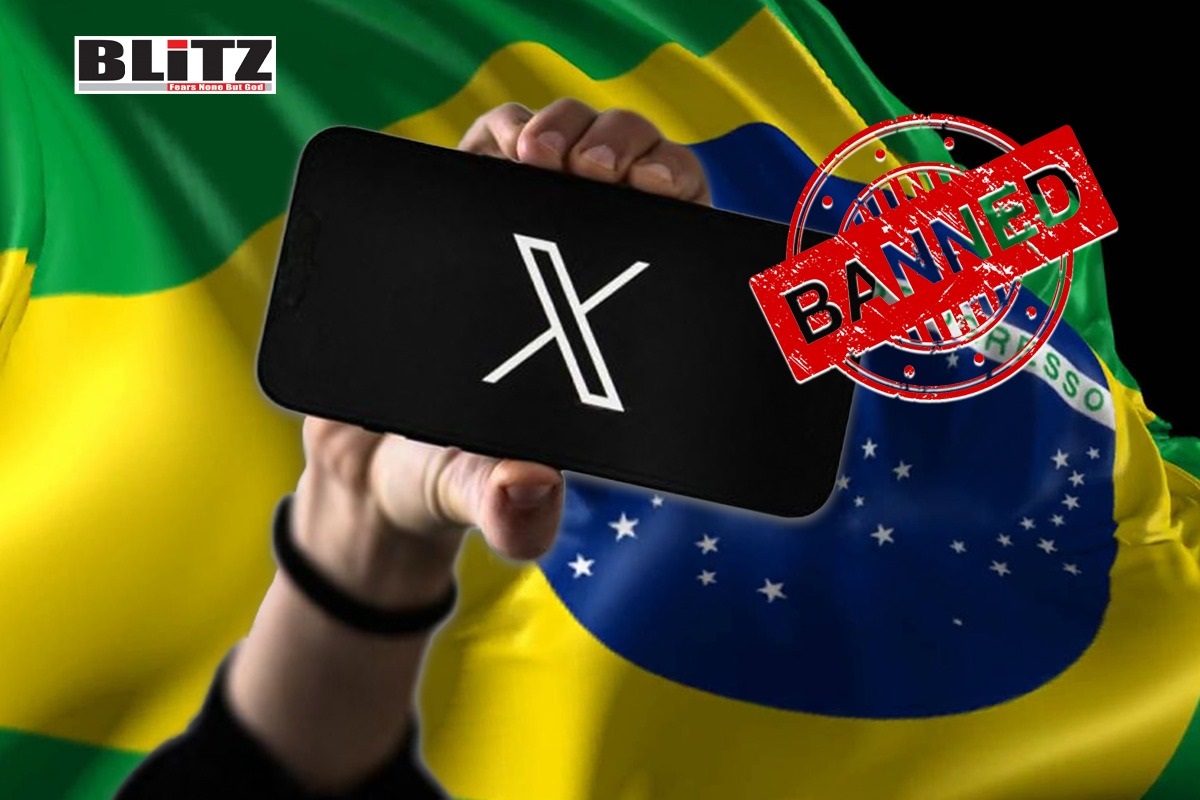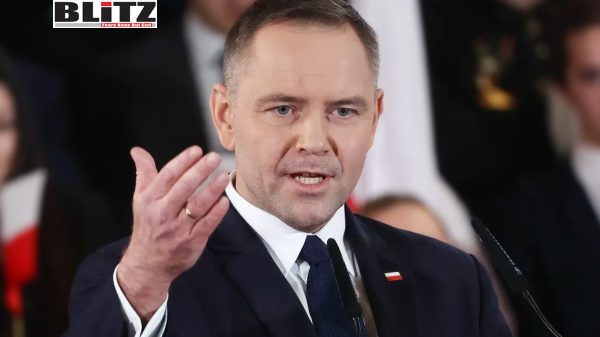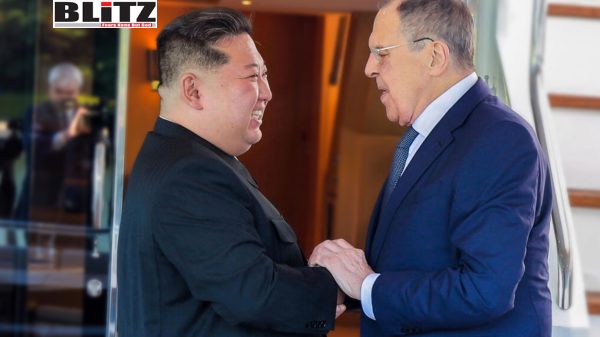Arrest of Telegram founder sparks fear of information crackdown in Russia
- Update Time : Wednesday, September 4, 2024
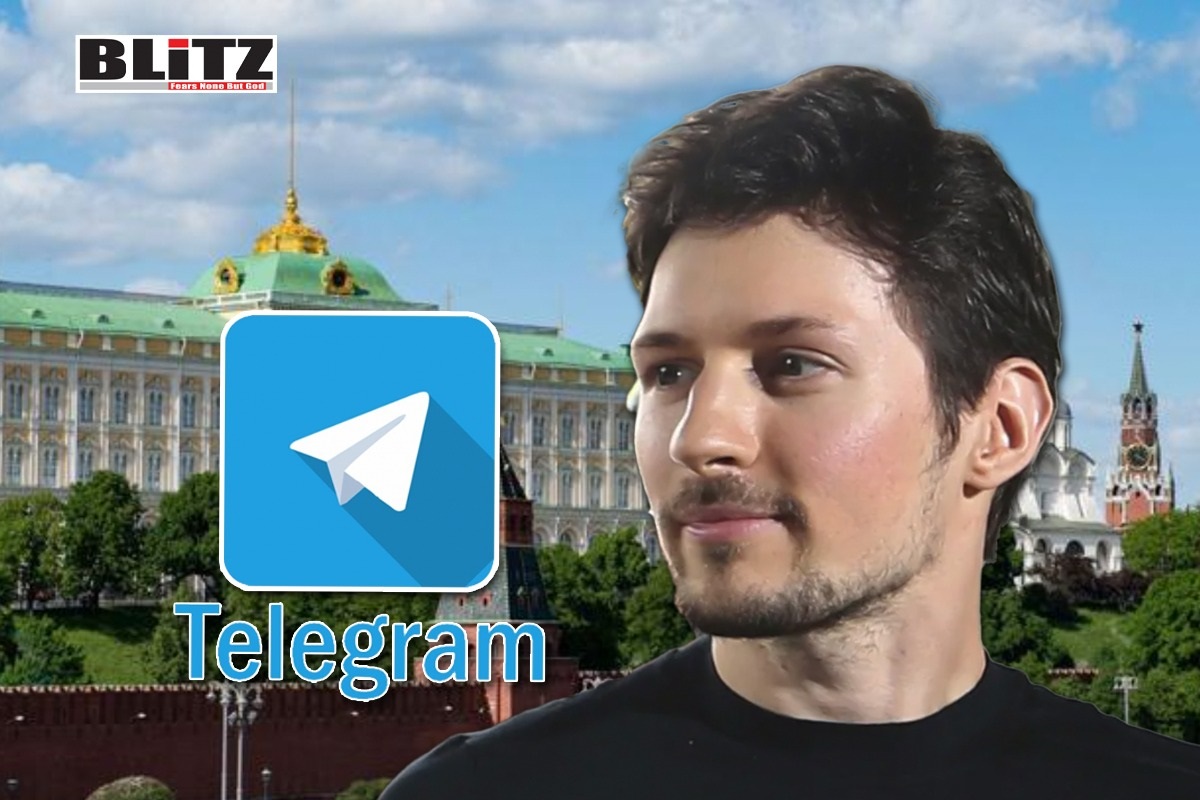
The arrest of Telegram founder Pavel Durov in France has sent shockwaves through Russia, raising concerns that the popular messaging app, a lifeline for uncensored information, may be under threat. In a country where independent news outlets have been muzzled and Western social media platforms blocked, Telegram has emerged as one of the last bastions of free speech. The possibility of its loss is stirring unease among both government critics and supporters, highlighting the app’s crucial role in the Russian information ecosystem.
In late August, Pavel Durov, the Russian-born founder of Telegram, was arrested in France on charges of failing to curb extremist and illegal content on his platform. Though released on bail, Durov is now restricted from leaving the country. The Kremlin has responded swiftly, warning France against turning his case into a “political persecution,” a sign of the high stakes involved.
Durov’s arrest is not just a legal issue; it is a flashpoint in the broader battle over control of information. Since launching its military offensive in Ukraine in February 2022, Russia has systematically dismantled independent media and suppressed dissent, leaving its citizens with few sources of unbiased news. Telegram, which was briefly blocked in Russia for refusing to cooperate with law enforcement, has managed to maintain a degree of independence, making it a vital platform for both the Kremlin and its opponents.
Telegram’s significance in Russia cannot be overstated. The app hosts a wide range of channels covering topics that are strictly censored in state-controlled media. From on-the-ground reports of the conflict in Ukraine to updates on the trials of Kremlin critics, Telegram has become the go-to source for Russians seeking unfiltered news.
The app’s popularity has soared since the beginning of the Ukraine conflict. According to Mediascope, a Russian media research group, Telegram is now the fourth most popular online service in the country, surpassing even YouTube and VKontakte, Russia’s largest social network. Unlike Facebook, Instagram, and X (formerly Twitter), which have been blocked in Russia, Telegram remains accessible without the need for a VPN, further cementing its status as the primary source of information for millions of Russians.
The potential loss of Telegram is a dire prospect for many Russians. Alexei Venediktov, the head of the Echo of Moscow radio station-shut down for its criticism of the Ukraine war-emphasizes the app’s importance. “Telegram is a very practical and reliable messaging service for all Russians, regardless of their political opinions,” Venediktov says, adding that it is considered independent of the Russian state. Blocking Telegram, he argues, would be tantamount to “a measure of censorship.”
For ordinary Russians, Telegram has become a lifeline in a media landscape dominated by state propaganda. Mila, a 45-year-old psychologist, began using Telegram after Facebook was blocked. She now subscribes to around 80 news channels on the platform and uses it to communicate privately with friends who oppose the war in Ukraine. “Today, it is my main source of information. If Telegram stops working, it will hurt me a lot,” she says.
Naida, a 56-year-old logistician, shares similar sentiments. She trusts Telegram more than other messaging services, particularly because of its role in providing access to independent news. “All the news is there, you don’t need to have a VPN on all the time,” she notes, underscoring the app’s convenience and reliability.
Telegram’s reach extends across the Russian political spectrum, making it a rare point of common ground in an otherwise polarized society. The app is widely used by both government officials and opposition figures. The Kremlin and various government ministries use Telegram as a key tool for public communication, while regional governors rely on it to connect with their constituents.
At the same time, opposition politicians and activists use Telegram to bypass state censorship and reach a broad audience. Ilya Yashin, a prominent opposition figure recently released in a prisoner exchange with the West, has spoken out in defense of Durov. “I do not consider Pavel Durov a criminal, and I hope that he will be able to prove his innocence,” Yashin says, highlighting the shared concern over Telegram’s fate.
Beyond its role in disseminating news, Telegram has also become a critical tool in the Ukraine conflict. Both Russian and Ukrainian forces use the platform to warn civilians of incoming air attacks and to communicate internally. Mikhail Zvinchuk, a former military officer who runs a popular Telegram blog on the conflict, notes that “Telegram has almost become the main way of commanding units on both sides of the front.”
Pro-Kremlin journalist Andrei Medvedev echoes this sentiment, calling Telegram “the main messaging service” of the conflict. Its broad appeal and utility make it an indispensable tool for both military and civilian purposes, further complicating any attempts to restrict its use.
While Russia grapples with the potential loss of Telegram, the app is also facing scrutiny from the European Commission. Investigations are underway to determine whether Telegram has more EU users than it has claimed, which could subject it to stricter regulations. This adds another layer of complexity to Durov’s legal troubles and raises questions about the app’s future both in Russia and globally.
As tensions escalate over Durov’s arrest, the future of Telegram in Russia hangs in the balance. For millions of Russians, the app represents not just a communication tool, but a vital source of uncensored information in a country where free speech is increasingly under siege. Whether Telegram will be able to maintain its independence in the face of mounting legal and political pressures remains to be seen. But for now, it stands as one of the last remaining platforms where Russians can access a diversity of voices and viewpoints-an invaluable resource in an era of growing state control.




